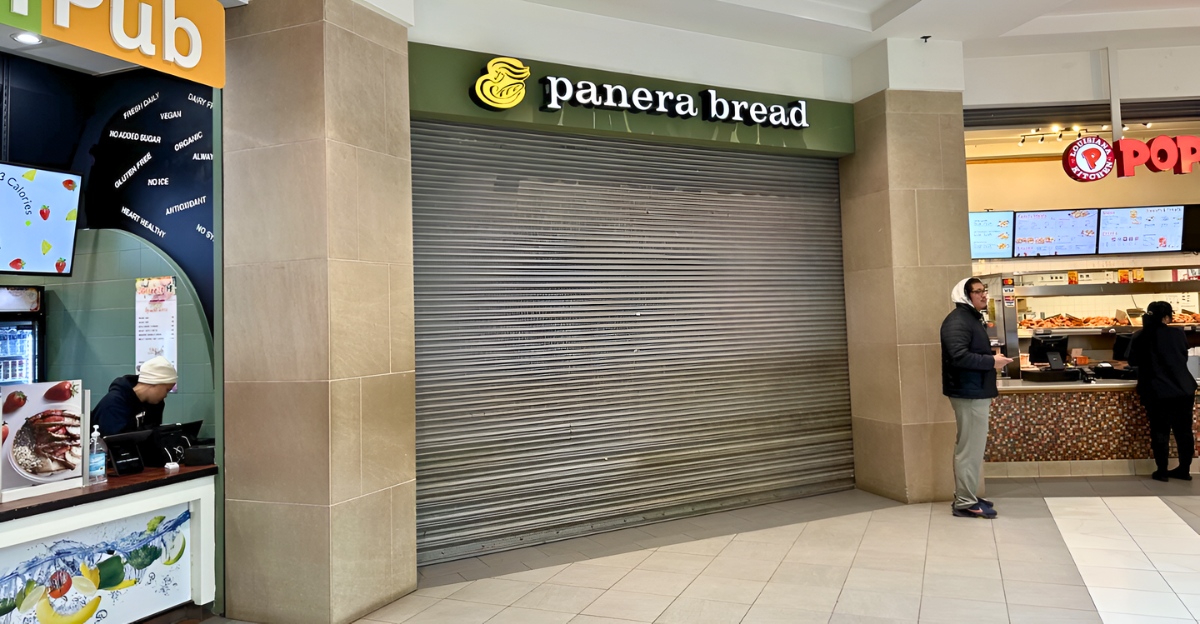
Panera Bread is closing every one of its fresh dough production facilities, ending a decades-old tradition that set the brand apart from other bakery cafés. According to USA Today, the chain is shutting down nine regional bakeries from Missouri to California, with 72 jobs lost in Brentwood, Missouri alone. CEO Paul Carbone says this move is about “ensuring growth and quality,” but bakers and regulars see it as the end of an era. What used to be daily, scratch-made dough is being replaced, and the chain is set to look very different in the months ahead.
Hundreds of Layoffs Hit Communities From Coast to Coast

This isn’t just a corporate shift, it’s an upheaval for workers and neighborhoods. More than 700 employees have either lost their jobs or been notified of upcoming layoffs, reports ClickOnDetroit and local news agencies. Major closures are happening at facilities in Edison, New Jersey (201 jobs gone), Orlando, Florida (114), Romulus, Michigan (66), and two California bakeries, losing 132 jobs. While some workers may land roles in Panera cafés, those specialized bakery jobs aren’t easy to replace.
How Panera’s Fresh Dough Plants Built Its Reputation
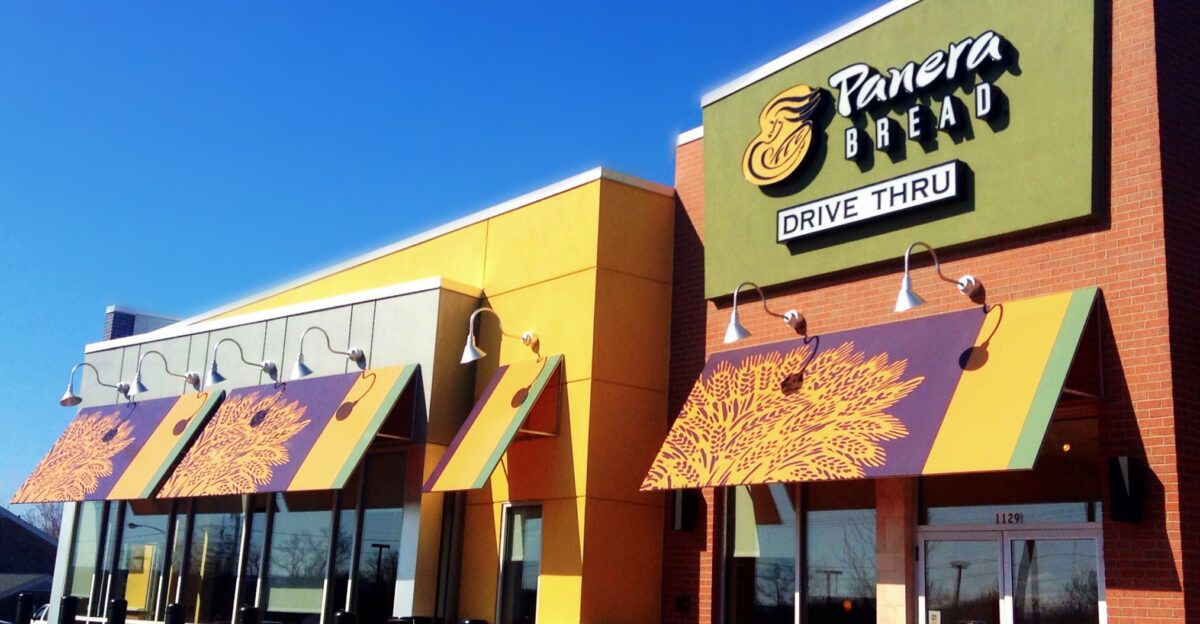
Suppose you’ve wondered why Panera’s bread tastes so fresh. It’s thanks to a network of bakeries mixing and shipping dough daily, a core part of their brand since the 1990s. Restaurant Dive explains that cafés bake bread each morning using dough supplied by these regional facilities. This system powered Panera’s rise from a single St. Louis bakery to more than 2,000 locations. Without these plants, the morning ritual that many Panera fans loved may be gone for good.
Falling Sales and Staffing Struggles Spark Change
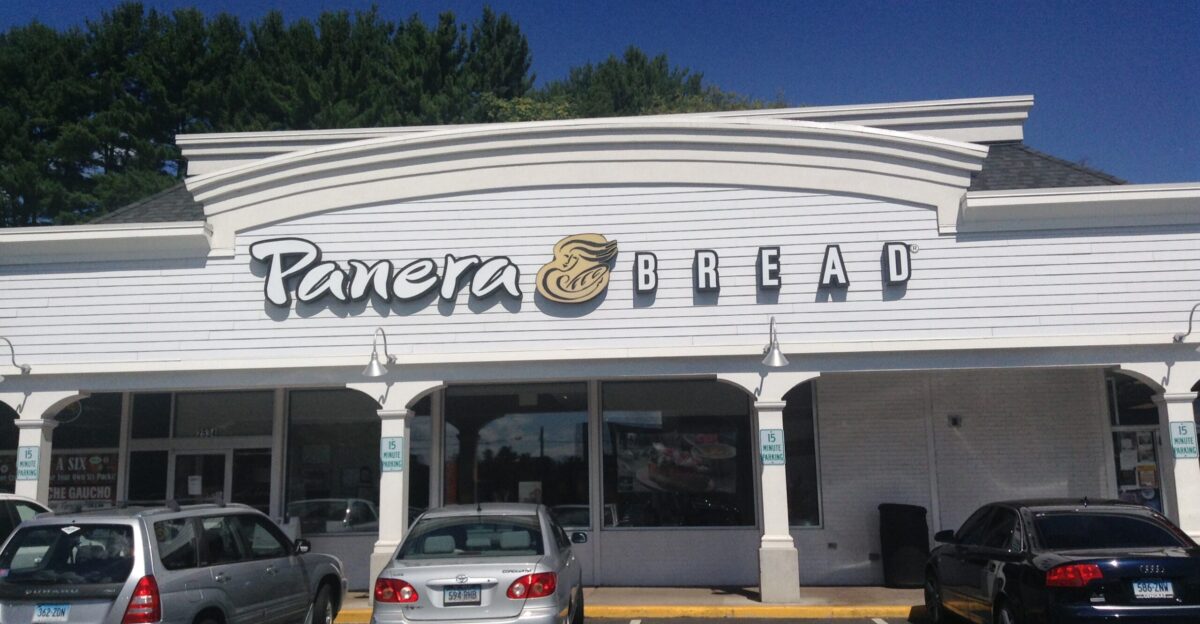
Panera didn’t make this decision lightly. Nation’s Restaurant News and Restaurant Dive both report that Panera’s sales have been slipping, with more than $5 million in lost revenue over the past two years. On top of that, they’ve faced mounting staffing challenges, especially in their bakery facilities. Executives say the closures are a necessary response to changing consumer habits and labor shortages—pressures many restaurant chains face now.
Panera Moves From Scratch-Made Bread to Par-Baked Loaves
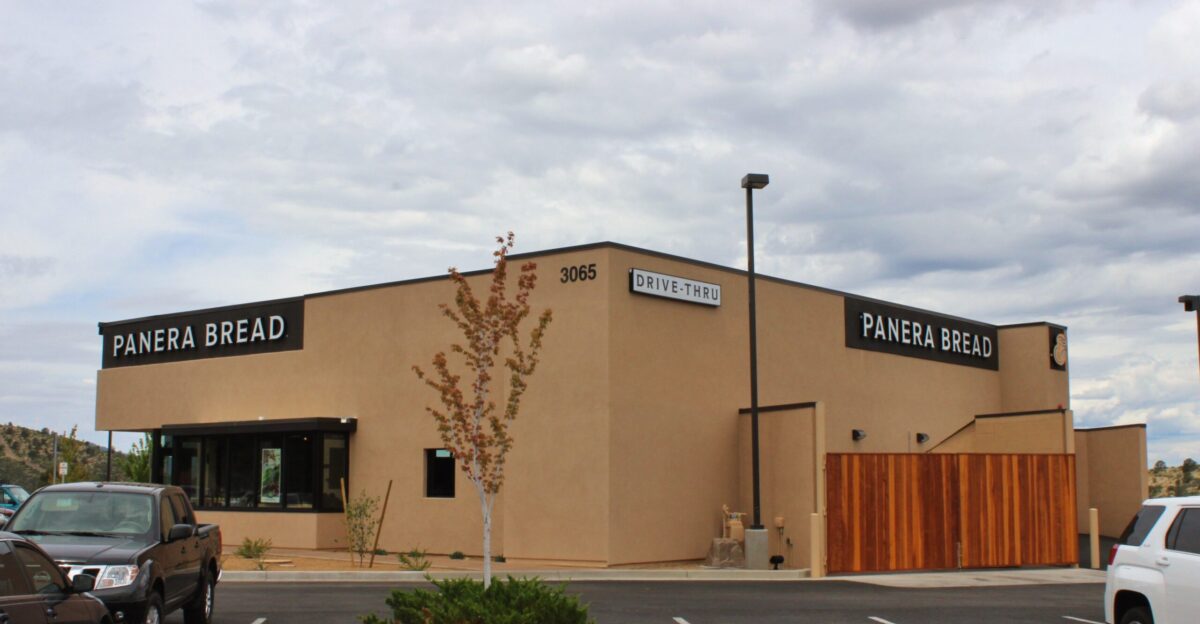
The most significant shift is happening behind the scenes. According to statements from Panera’s chief corporate affairs officer, Brooke Buchanan, the company will now rely on third-party bakers to mix, partially bake, freeze, and ship dough to every café nationwide, as reported by Restaurant Dive. That means bread will be finished in-store as needed, not just in the mornings. Panera says you’ll be able to get “fresh” bread all day, but for some fans, that’s not the same as bread made from scratch in-house.
Local Cities Feel the Economic and Emotional Impact
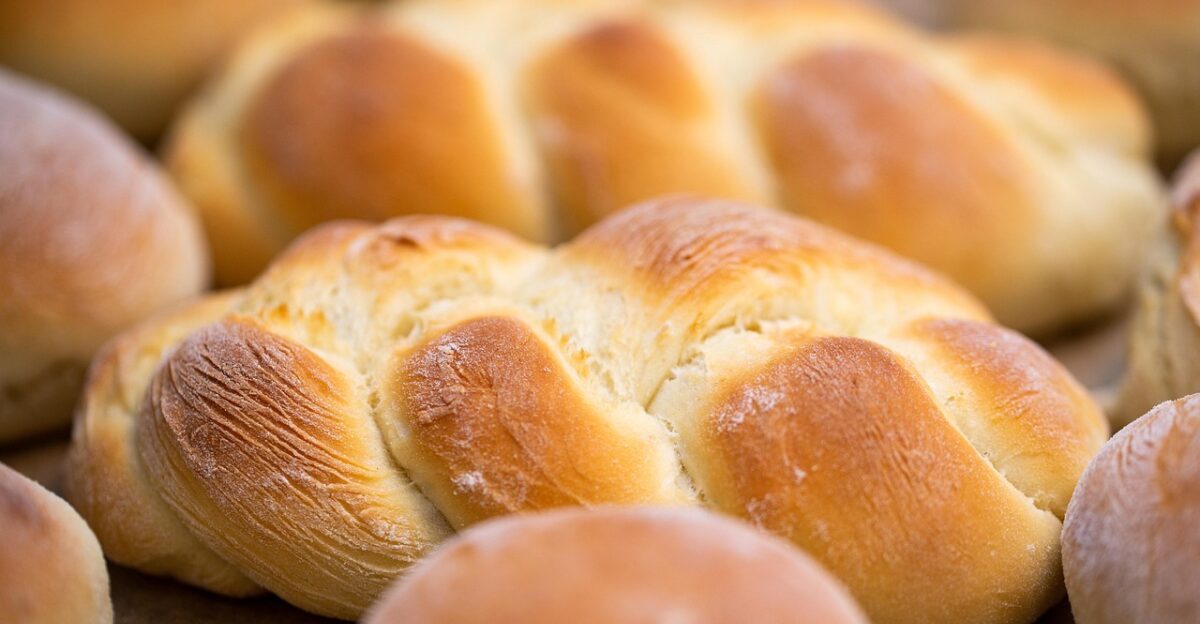
This is more than just a business story for the communities losing their bakeries. In St. Louis, local station KSDK says the Brentwood bakery was seen as a community staple, and its closure hits employees and nearby businesses hard. California and Michigan are facing similar economic ripples, as teams that worked together for years are being disbanded. Some local leaders have begged Panera to reconsider, but company officials say the closures are final.
Bakers and Staff Share Their Worries and Memories
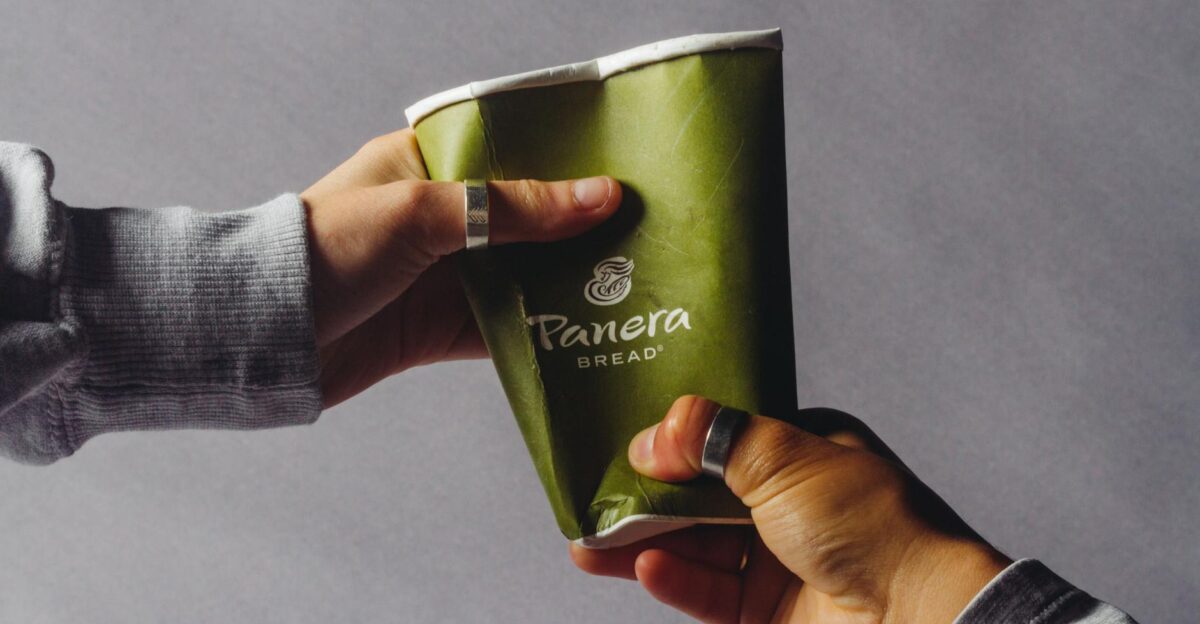
For many longtime Panera workers, it’s a bitter end. “It’s the end of an era,” one Brentwood baker told reporters at KSDK, while another laid-off employee from Romulus, Michigan, said she worries that Panera’s bread will never taste the same again. USA Today included comments from management expressing “deep gratitude” for the affected teams and promising some support, but the reality is that a tight-knit tradition is vanishing.
Industry Pivots Put Pressure on Panera and Its Rivals
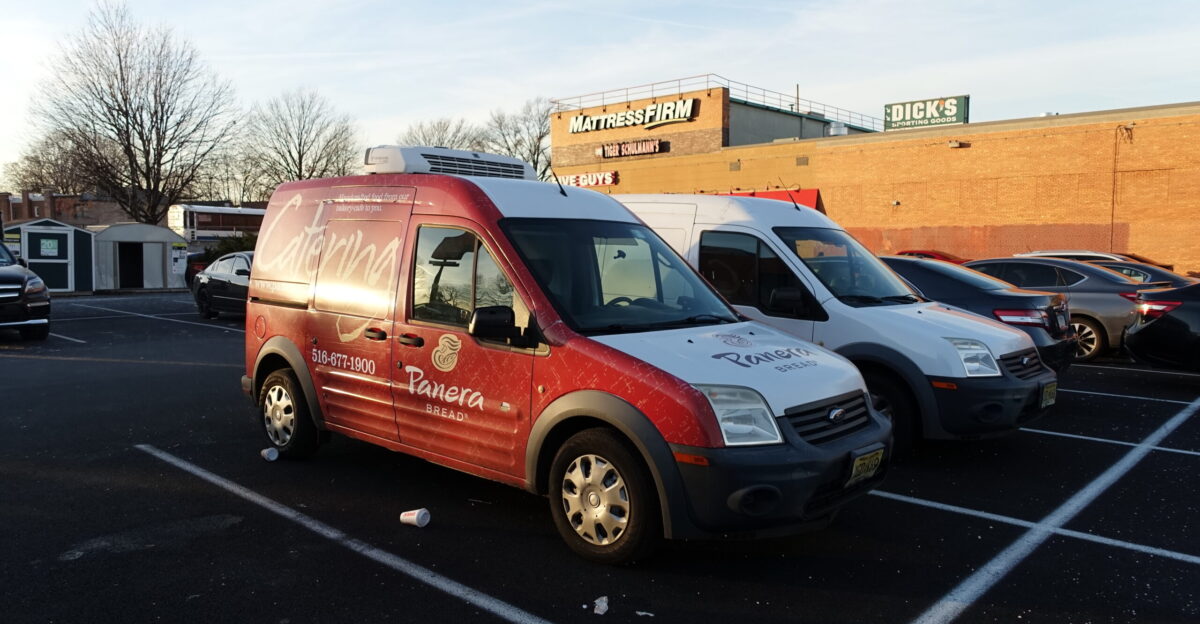
Panera isn’t alone in searching for ways to work smarter and cut costs. Industry outlets like Restaurant Business and Nation’s Restaurant News report that other chains have tried par-baked or delivery-centric models to save money and help expand. Analysts say this lets Panera open in new towns that used to be too far away from a dough facility—but it also creates new competition for smaller bakeries that still knead every loaf by hand.
Will Panera Bread Still Taste the Same? Fans Aren’t Sure
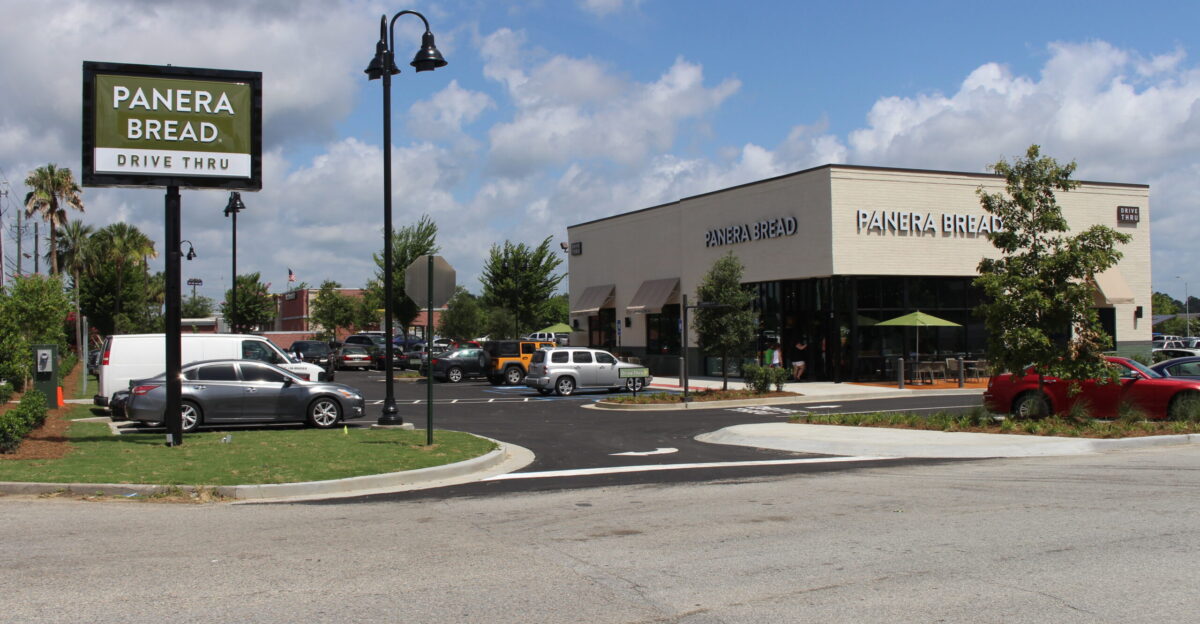
Some Panera loyalists are anxious about the future. While Panera management insists that quality will remain high and recipes won’t change, outlets like OM in the News have warned that frozen, industrial bread can lose the aroma and texture that made the chain famous in the first place. Franchisees and staff are closely monitoring customer responses as the new bread hits stores.
Fast Casual Dining Faces a Make-or-Break Moment
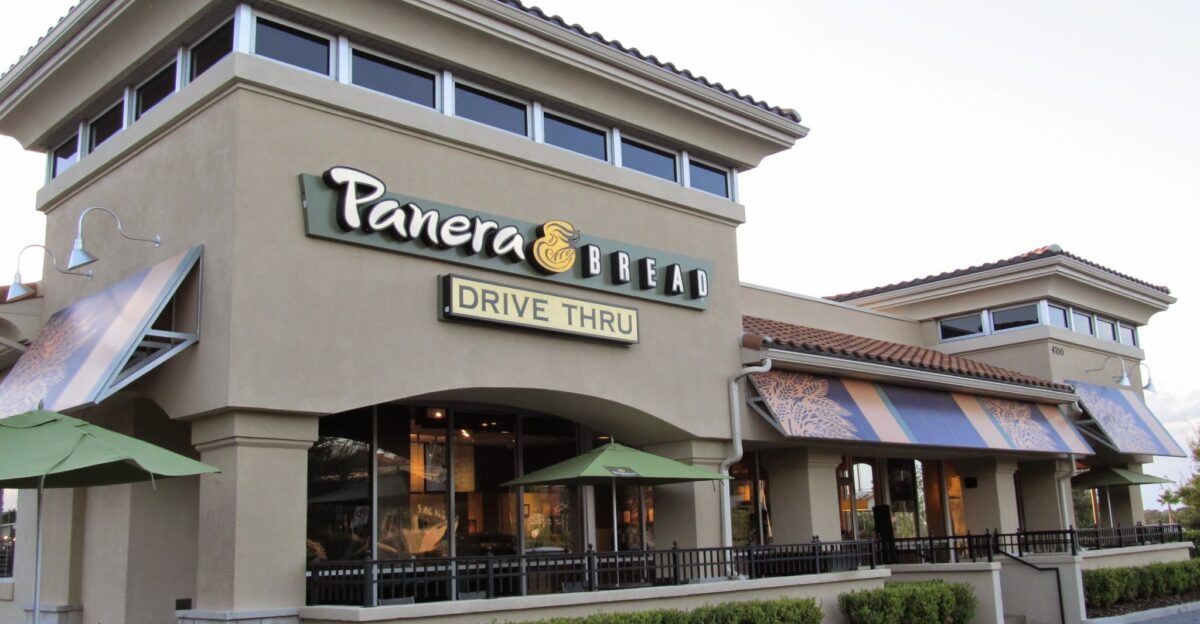
Panera hopes this overhaul will help reverse years of slipping sales and tighten up costs, but there’s real risk in changing something so central to its brand. Restaurant Dive and The Wall Street Journal say it’s a pivotal move that could inspire others or backfire if customers drift away. As Panera’s fresh dough era fades away, the big question is whether American fast-casual restaurants can survive, or even thrive, once handmade skill gives way to mass production.
Franchise Owners Face Tough Choices After Closures
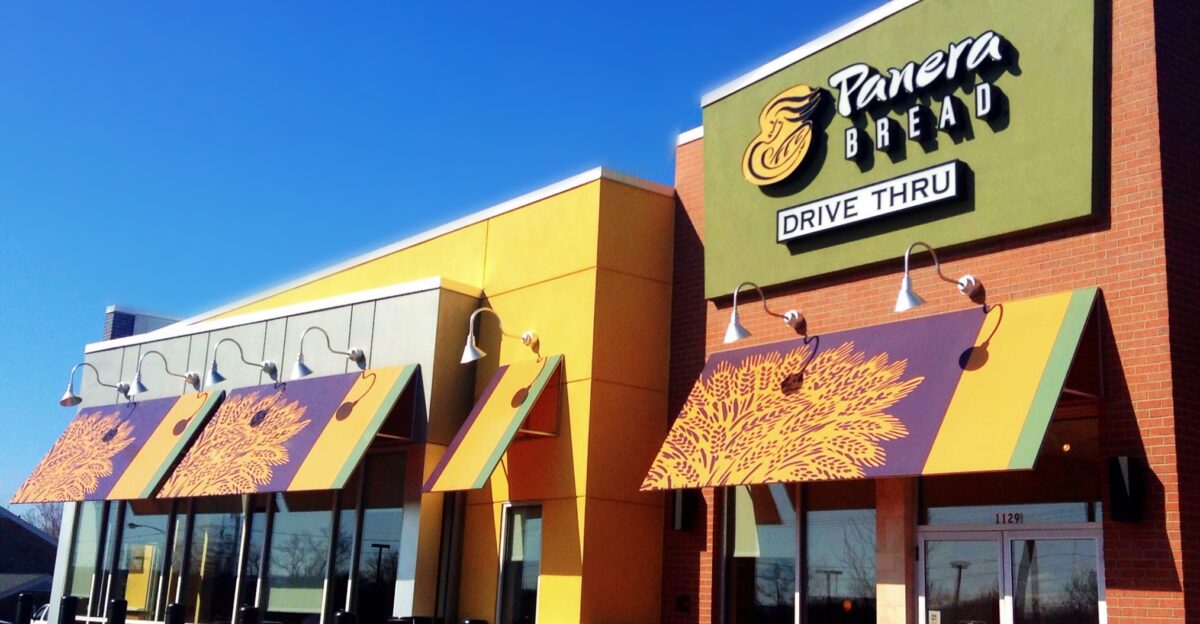
Franchise operators are now weighing the benefits and downsides of the new supply chain. According to Restaurant Business, some welcome the consistency and reduced complexity, but others worry that losing in-house baking could damage customer loyalty. Some franchisees are looking for new ways to keep their stores special, and a few are even thinking about in-house products or other menu twists to set themselves apart.
New Leadership, New Direction at Panera
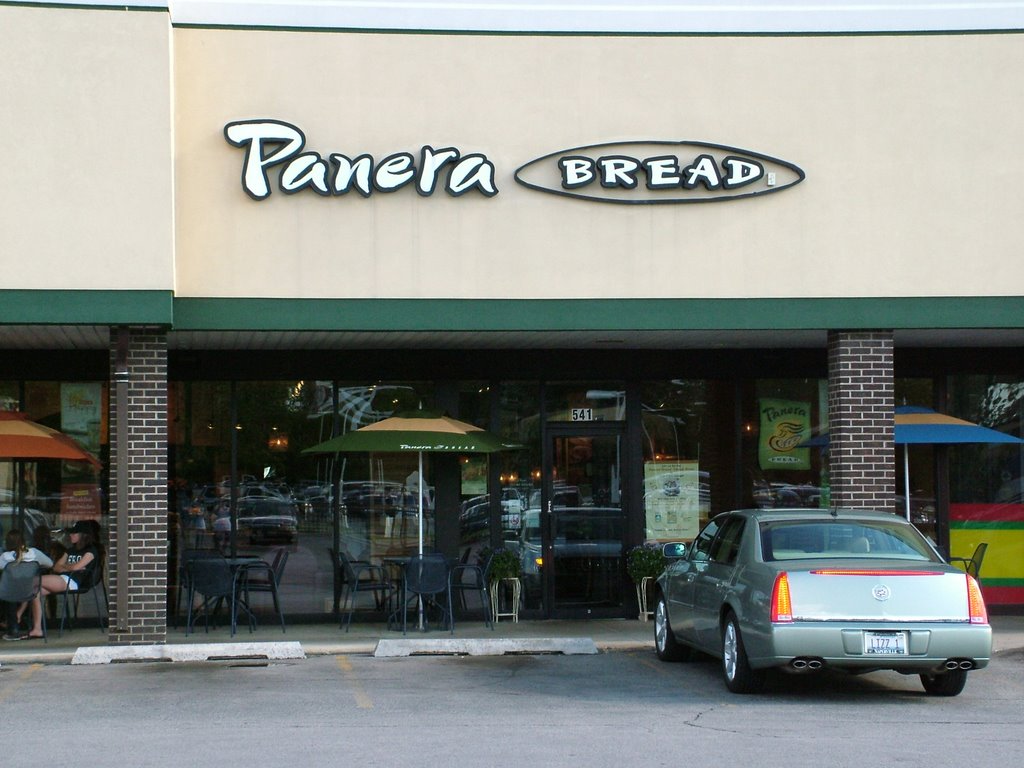
Much of this dramatic shift is being driven by CEO Paul Carbone, who took over with a mandate to stem losses and redesign Panera’s business model. Restaurant Dive and The Wall Street Journal said Carbone has supported streamlining the bakery division, cutting non-core costs, and investing in expansion. This pivot’s ultimate success or failure will define Carbone’s legacy as Panera’s leader.
Will Par-Baked Bread Save Panera or Hurt Its Brand?
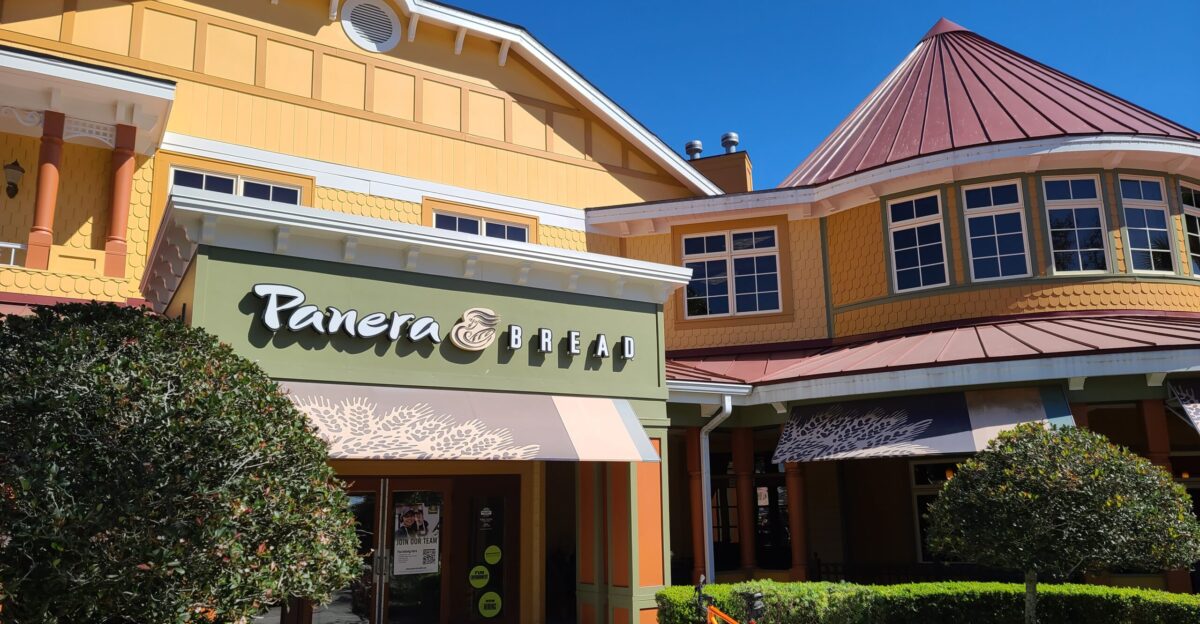
Industry experts are split. Some, quoted in OM in the News, think the move to par-baked bread is an unavoidable choice for chains that want to cut labor costs and expand fast. Others predict Panera will lose some of the “authentic” flavor that made it a fan favorite—a risk if customers decide to spend their money at smaller, traditional bakeries instead.
Panera Invests in Cafe Experience and Employee Support
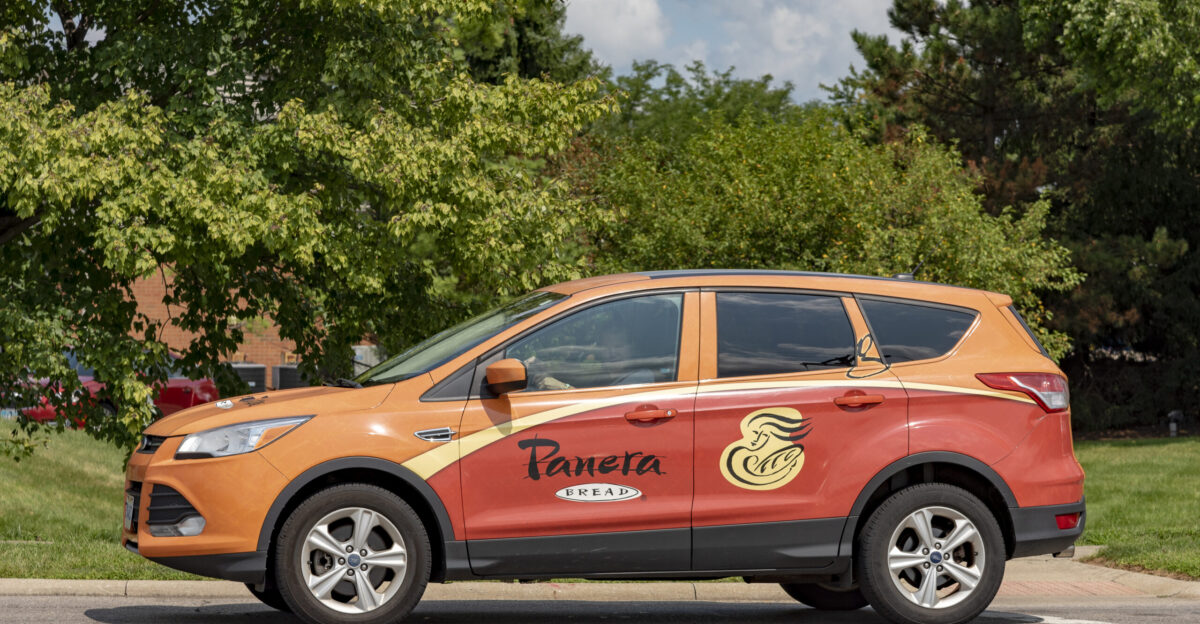
Panera says it isn’t abandoning its remaining staff or the customer experience. Restaurant News has reported that the company will spend millions upgrading equipment and retraining café staff to ensure bread still leaves the oven warm for every guest. For affected bakery employees, Panera is offering job placement and resume help. Still, as many ex-bakers point out, no amount of support can replace the pride of hands-on baking.
Fresh Dough’s Farewell Marks a Turning Point in American Dining
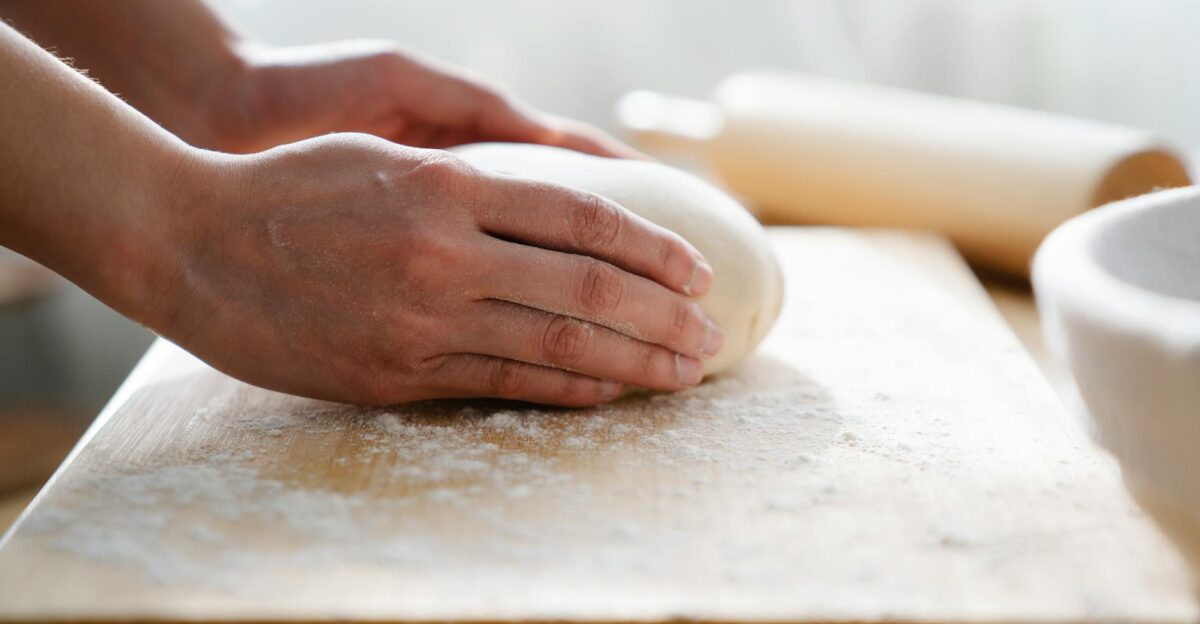
Panera’s decision to end in-house dough production may change fast-casual dining for years to come. Will other chains follow suit, sacrificing artisan touches for cost and speed? Or might customer pushback push Panera, and its rivals, to rediscover their roots? For now, the ovens are cooling in nine cities, and hundreds of workers are moving on, as one of America’s most popular chains enters a new era.
